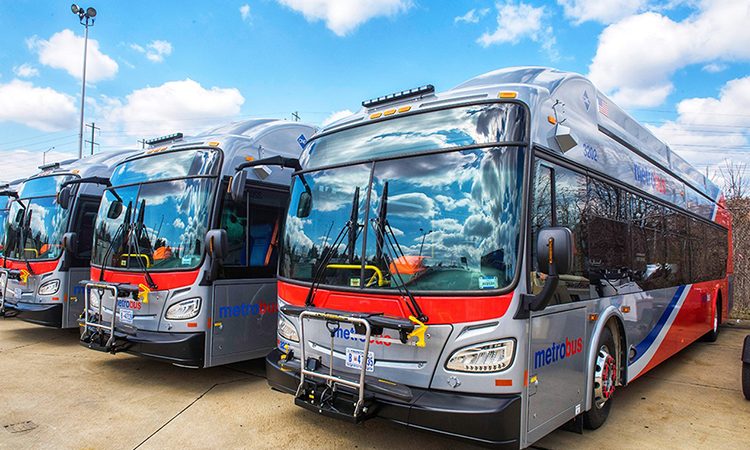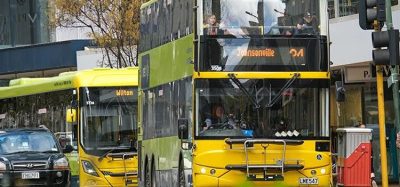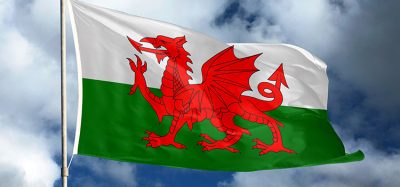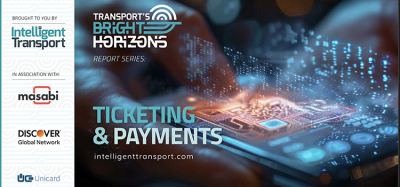WMATA’s updated bus plan to accelerate transition to zero-emission fleet
- Like
- Digg
- Del
- Tumblr
- VKontakte
- Buffer
- Love This
- Odnoklassniki
- Meneame
- Blogger
- Amazon
- Yahoo Mail
- Gmail
- AOL
- Newsvine
- HackerNews
- Evernote
- MySpace
- Mail.ru
- Viadeo
- Line
- Comments
- Yummly
- SMS
- Viber
- Telegram
- Subscribe
- Skype
- Facebook Messenger
- Kakao
- LiveJournal
- Yammer
- Edgar
- Fintel
- Mix
- Instapaper
- Copy Link
Posted: 27 March 2023 | Intelligent Transport | No comments yet
The new plan will see WMATA heavily invest in installing the required charging infrastructure and providing training and maintenance, as it works to accelerate its transition to a 100% zero-emission bus fleet by 2042.


Credit: Washington Metropolitan Area Transit Authority
The Washington Metropolitan Area Transit Authority (WMATA/ Metro) has announced that it has released its Zero-Emission Bus Transition Plan to provide cleaner, better bus service for the region with a proposal to transition to a 100% zero-emission bus fleet by 2042, accelerating the timeline by three years.
According to WMATA, the move to zero-emission buses will require significant investments to work with local utilities to upgrade power supplies, install charging equipment and supporting infrastructure, and provide training and maintenance, in addition to the replacement cost of the nearly 1,600 bus fleet.
“We will continue to look for ways to further accelerate the transition to zero-emission buses, which provide customers with the same safe, reliable service at a much smaller carbon footprint,” said Metro General Manager and CEO Randy Clarke. “Every trip taken with Metro instead of a car reduces greenhouse gas emissions and transitioning to zero-emission buses will deliver additional environmental and health benefits while improving the quality of life for people across the region.”
San Diego MTS Board approves new all-electric rapid bus route
Under the new timeline, half of Metro’s fleet will be zero-emission buses in 10 years. To accommodate the new buses, WMATA will open its first all zero-emission bus garage at Northern in 2027, with five of its nine garages ready for zero-emission buses by 2031 and the remaining by 2041.
The agency will initially deploy battery electric buses, the more developed and cost-effective technology at this time. Hydrogen fuel cell technology will continue to be evaluated as the cost, technology and commercial viability evolve. The cost of the transition over the lifecycle is estimated to be $2.3 billion above the costs associated with the existing fleet. WMATA will also seek additional federal, state and regional funding opportunities, such as grant funds, to help fund the transition.
Zero-emission bus deployment is expected to begin in 2023 from the agency’s Shepherd Parkway Bus Division. WMATA has received a $4.2 million Federal Transit Administration (FTA) grant to support the purchase of two electric buses. The agency has also recently awarded contracts to two bus manufacturers to provide five buses each.
If you liked this, you may also be interested in:
▶ USDOT awards more than $94 million through SMART Grants Program
▶ Leicester to become one of UK’s first electrified bus depots outside of London
Related topics
Air Quality, Alternative Power, Fleet Management & Maintenance, Public Transport, Sustainable Urban Transport
Related modes
Bus & Coach
Related cities
Washington
Related countries
United States
Related organisations
Federal Transit Administration (FTA), Washington Metropolitan Area Transit Authority (WMATA)
Related people
Randy Clarke








